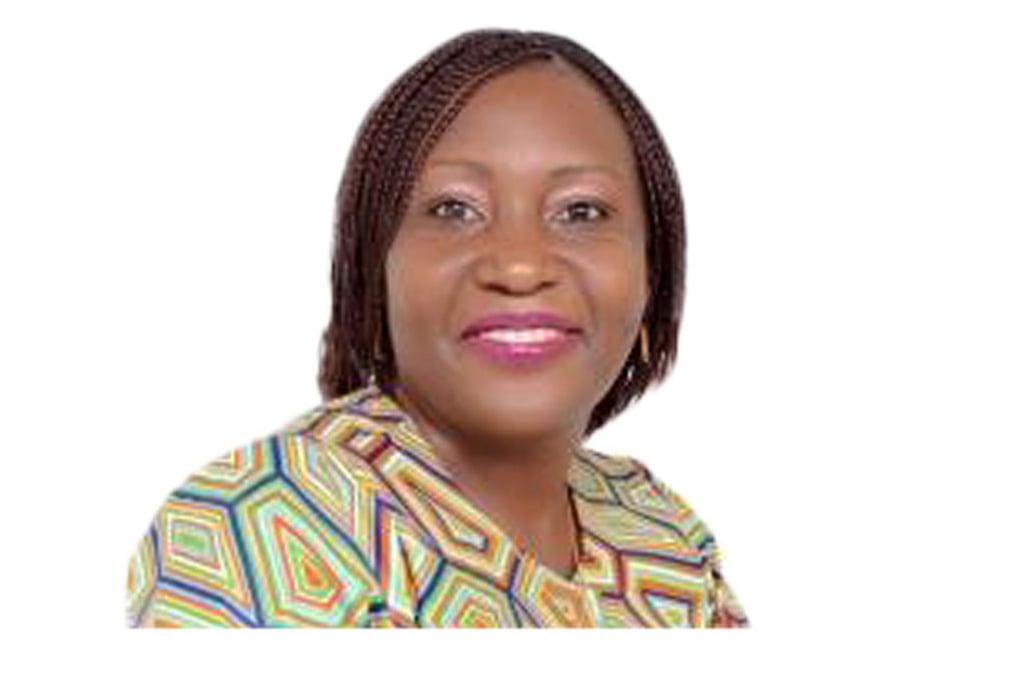Can People Power, ANT be better than inefficient, ineffectual NRM?

Robert Kyagulanyi, or Bobi Wine as the Kyadondo East MP is popularly known, continues to dominate political conversations and discussions—and is the Opposition politician to watch as Uganda prepares for its next election in 2021.
Mr Kyagulanyi has made it abundantly clear that he is gunning for the highest political office in the land even as President Museveni is hell-bent on frustrating him. He is getting moral support and is being encouraged by many of his fans in Uganda and overseas. Giving the presidency a shot will put his popularity to a real test.
The singer-cum-politician is literally hogging the limelight, and the US news magazine TIME boosted his stature when it added his name to its list of the 100 most influential people, saying the president he is going to take on—he took power when Mr Kyagulanyi was a four-year-old boy—has “ruled for the past 33 years through a combination of deft politics, questionable election practices and constitutional manipulation”.
Few people know that better than Ugandans.
And that is why many are saying it would take some kind of a miracle for Mr Kyagulanyi to become president.
Everyone knows Mr Museveni still wants his job.
He has done and is doing everything in his power to ensure that any popular politician eyeing the presidency is going to have an exceptionally rough ride.
Yet supporters of Mr Kyagulanyi are looking forward to 2021 and will cast their votes for him and wait to see how things pan out.
Mr Kyagulanyi seems to be the leading light of what I call the new Opposition, made up of People Power, the movement he leads, and Mugisha Muntu’s Alliance for National Transformation (ANT).
The old Opposition consists of the Forum for Democratic Change (FDC), the Democratic Party, the Uganda Peoples Congress, JEEMA, the Conservative Party, the People’s Progressive Party, the People’s Development Party and the Uganda Federal Alliance. The last four are moribund parties with no representation in Parliament; they are recognised by their founders.
There are perfectly good reasons why voters are excited about and are looking up to the new Opposition.
They are desperate for change, any change.
The old Opposition appeals to few voters because it remains weak, disorganised, unaccountable and is hamstrung by State harassment and persecution.
The Netherlands Institute for Multiparty Democracy (NIMD) aptly summed up the picture when it said that “parties largely rely on the appeal of their leaders rather than the strength of their policies” and “face internal divisions and lack accountability and internal democracy”.
And when one of the founders of the FDC, the biggest Opposition political party, resigned last year, he said something that should worry the party’s supporters and Ugandans.
“The broader vision and goals upon which we founded the party have become subordinated to a singular pursuit of Museveni’s removal from office, without evidence of preparations for managing power in the post-Museveni period,” Muniini Mulera wrote.
Many Ugandans who are fed up with the way Mr Museveni leads Uganda are yearning for change.
And change is what People Power and ANT are promising. But, like the FDC, their preparations and readiness for managing power, if they were to overcome the many obstacles and won the election, are hard to see.
I have on several occasions googled People Power and ANT to try to read about their policies and what they say makes them a better alternative than the NRM, which is an inefficient, ineffectual party riven by political infighting and is effectively synonymous with Mr Museveni. But they don’t even have websites, although they have Facebook and Twitter pages.
Some may say that a website for a political party in Uganda isn’t an excellent investment in political mileage. But websites are the very places where educated Ugandans that these political organisations are targeting as potential members have to go.
We are in the digital age, and the future is going to be digital.
Political leaders who want to show voters that they are moving with the times have to begin with things digital. A website can tell you a lot about how efficient and effective an organisation is. It also shows that an organisation attaches importance to information, which is kept for posterity on the internet.
A political party or a political movement that fails at these small things, can’t share its policies, agenda, programmes online may still represent hope, but it can easily go the way of the old parties and the NRM.
The writer is a journalist and former Al Jazeera digital editor in charge of the Africa desk
[email protected]
@kazbuk




